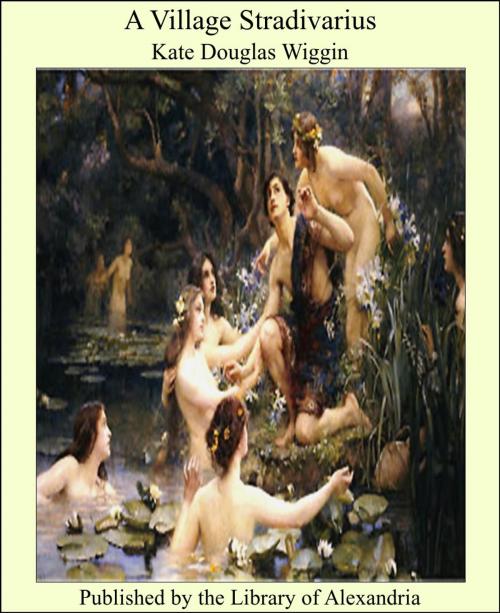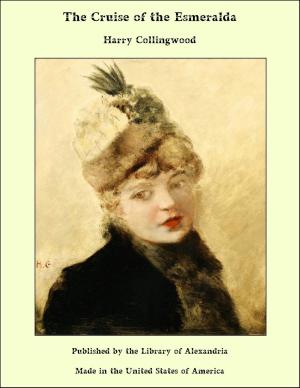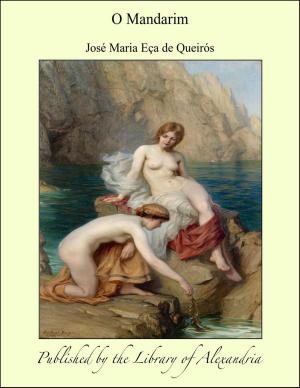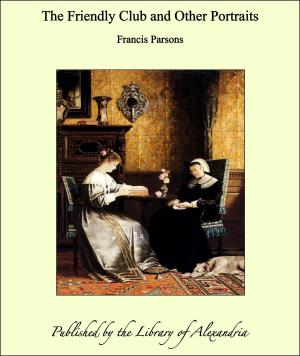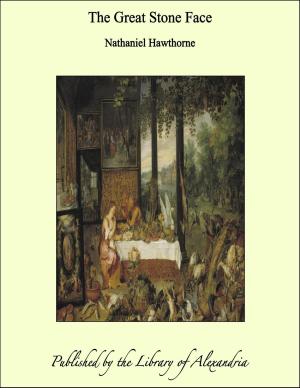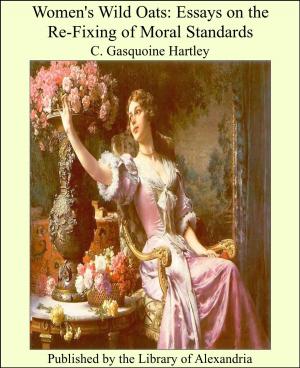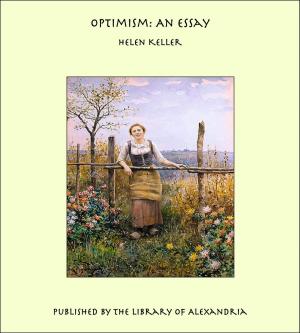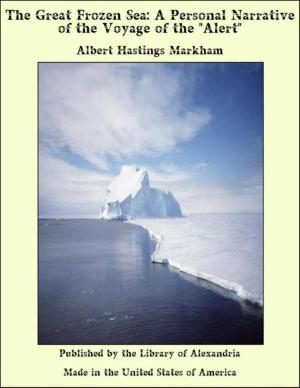| Author: | Kate Douglas Wiggin | ISBN: | 9781465531162 |
| Publisher: | Library of Alexandria | Publication: | March 8, 2015 |
| Imprint: | Language: | English |
| Author: | Kate Douglas Wiggin |
| ISBN: | 9781465531162 |
| Publisher: | Library of Alexandria |
| Publication: | March 8, 2015 |
| Imprint: | |
| Language: | English |
So skin Until the year 1933-1934 the Down With Sweet Adeline movement made very little headway, and the cry of "To the gallows with Frankie and Johnniel" fell on deaf ears. I subscribed to these radical movements in American folk music because 1 happen to be one of those large men who mope at parties until some one says: "Here's goo' ol' Bill. Bill, ol* man. howzzabou' li'l song, eh? ere'z piano. Howzzabou' Sweet Adeline?" Night after night 1 played and sang Frankie and Jobnnie, and recited the strange adventure of the King of France in ursurping the throne of the bastard King of England, and depicted the feat of a young woman who happened to be on the American shore when Christopher Columbo's crew landed. My life began to seem barren and futile. Came the night of the famous Dutch Treat Show in 1933. Came, spe- cifically, a number by Mr. Ogden Nash entitled "Pedigree" containing the "Quartet for Prosperous Bastards." I knew then that tbe empty years had not been in vain, and that the Hoover Thirty-Year Slump was serving at least one good purpose. It had resulted in a genuine and authentic contribu- tion to American folk song. A lyrical dramatization of the fact that president of your local National Bank was the result of the infatuation of the madam of a house of ill repute with the gentleman who played piano in her insti- tution, this song was bound to warm the so-called cockles of the hearts of all of us depositors. On many nights when it has seemed a little obscene to consume spirt- uous refreshment and to lift one's froggy voice in song, what with the thought of the gold standard.
So skin Until the year 1933-1934 the Down With Sweet Adeline movement made very little headway, and the cry of "To the gallows with Frankie and Johnniel" fell on deaf ears. I subscribed to these radical movements in American folk music because 1 happen to be one of those large men who mope at parties until some one says: "Here's goo' ol' Bill. Bill, ol* man. howzzabou' li'l song, eh? ere'z piano. Howzzabou' Sweet Adeline?" Night after night 1 played and sang Frankie and Jobnnie, and recited the strange adventure of the King of France in ursurping the throne of the bastard King of England, and depicted the feat of a young woman who happened to be on the American shore when Christopher Columbo's crew landed. My life began to seem barren and futile. Came the night of the famous Dutch Treat Show in 1933. Came, spe- cifically, a number by Mr. Ogden Nash entitled "Pedigree" containing the "Quartet for Prosperous Bastards." I knew then that tbe empty years had not been in vain, and that the Hoover Thirty-Year Slump was serving at least one good purpose. It had resulted in a genuine and authentic contribu- tion to American folk song. A lyrical dramatization of the fact that president of your local National Bank was the result of the infatuation of the madam of a house of ill repute with the gentleman who played piano in her insti- tution, this song was bound to warm the so-called cockles of the hearts of all of us depositors. On many nights when it has seemed a little obscene to consume spirt- uous refreshment and to lift one's froggy voice in song, what with the thought of the gold standard.
